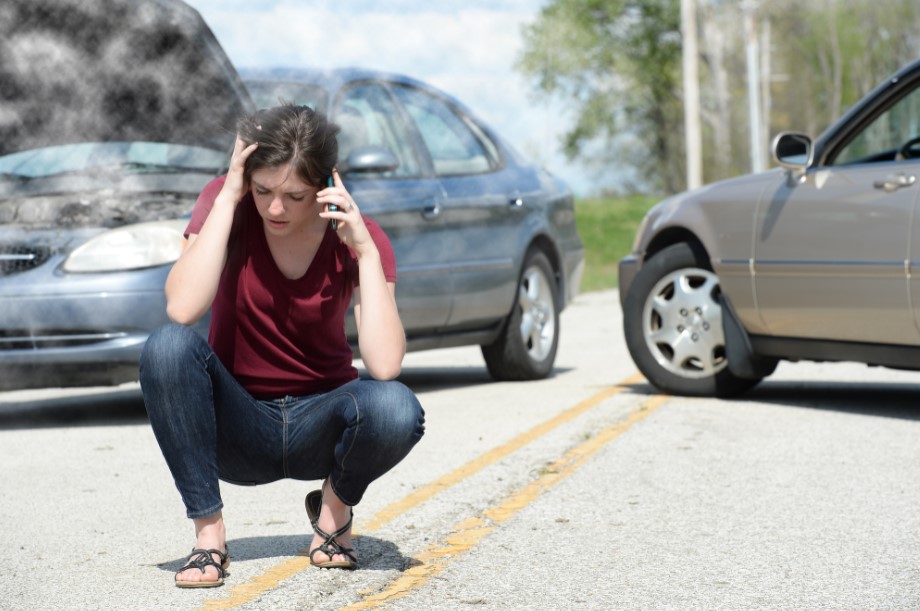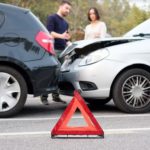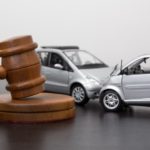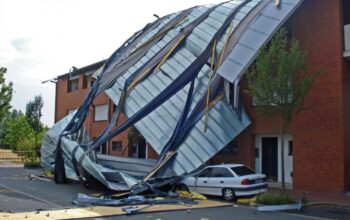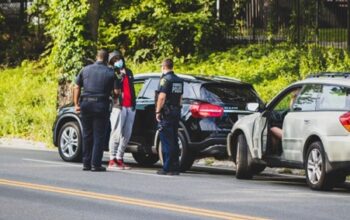Did you know car crashes are the leading cause of fatalities for U.S. residents aged 1 to 54 years old? Around 4.4 million people require medical attention following an accident each year. As a result, around 38,000 people pass away.
Not all car crashes are fatal, but they’re a major inconvenience at best. You’ll spend a lot of time and money to sort it out. It’s worse if you end up going to court.
That’s why you have to prepare for one. Learn what you should do after a car crash. Read this guide for more information.
-
Stop and Remain Calm
The first thing to do is stop. Never drive away from the scene, regardless of whether it’s a minor or major incident. Don’t even attempt to move the car until after assessing the situation.
If you can wait, stay put until the police arrive. Use this period to keep yourself calm. You need clarity of mind to do the following steps.
Check for Injuries
Check yourself for any injuries. Try not to move if you have a serious injury as it may worsen.
If you think you’re good, check your passengers for visible injuries. Try not to move them when they have serious wounds, even if you’re just trying to get them out of the car.
Check if the car crash has injured anyone else. This includes the passengers of the car you collided with, pedestrians, cyclists, and others.
Assess the Damage
After checking the condition of the people involved, check for damages to both your car and the other party’s. Take pictures showing each possible angle of the accident.
Take as many pictures as you can. Each can help you in a possible car crash lawsuit later on.
Contact 911
Next, call 911 or ask someone else if you can’t. They should also give you some instructions on what to do. Make sure to follow them for your safety.
-
Move Your Car or Get to Safety
It’s better to wait for the police to arrive before moving your car. In cases where your car is blocking traffic, pull the vehicle to the side of the road after assessing the situation.
Turn off the engine after moving it. Don’t forget to turn on the hazard lights if the accident happens at night. It alerts other drivers on the road of your presence.
If moving the car isn’t possible, get yourself and the passengers in your car to a safer place. Don’t go too far and wait for the police to arrive.
-
Collect the Facts
While waiting for the police, think of the facts to relay later on. People often forget key details because of stress. Write them down or even draw a diagram while it’s still fresh on your mind.
Record some key details like the make, model, and license plate of the other car(s) involved. Write them down and take pictures of the whole scene. It includes any property damaged and every vehicle involved. Take pictures of your injuries, as well.
-
Make an Accurate Statement
When the police arrive, relay the details to the officer. Stick to the facts and tell the story as accurately as possible.
The biggest mistake is making guesses, assumptions, and such. If you don’t know something, it’s better to be truthful about it.
Don’t admit guilt and don’t place blame. State the facts and let the police and your insurance companies handle it.
If they ask whether you have a car crash injury, tell them you’re not sure even if you don’t have visible ones. It’s not uncommon to have internal injuries after car accidents. As such, you’re not entirely sure you don’t have any injury until after a medical professional diagnoses you.
-
Exchange Information
Don’t go home yet. Make sure to get the details of the other party. If you’re involved in a multiple-vehicle collision, exchange information with everyone.
At the least get the names and insurance information of the other party. Try to get more useful information like their contact number.
You can also ask for the names and contact information of witnesses. Do the same for the police officers responding to the accident. Get their badge numbers too.
-
Report the Accident to Your Insurance Company
You can call your insurance agent while you’re still at the scene. If it’s not possible, call as soon as you can.
Talking to your agent allows you to learn everything to file a claim. If you’re still at the scene, make sure you have these before you go.
Your insurance company will likely need a copy of the police report, for example. Ask any responding officer where to get one. It allows you to prepare it as soon as possible.
-
Call a Lawyer
You don’t always need to get an auto accident lawyer after a car crash. However, you might need one if the accident is severe. Accidents causing injury or damage to people and properties often require lawyers.
After talking to your insurance company, look around for the best car crash attorney. You need an attorney specializing in car accidents so they already know what to do.
The sooner you do it, the better. You can get advice right away, preventing you from committing mistakes like tattling to a third party.
Know What to Do After a Car Crash
Don’t forget to go for a full body check-up after a car crash. Like we said above, injuries can be internal. You might not even be aware you have one because the adrenaline blocks pain.
By learning what you can expect in a car crash, you can better prepare for it.
Are you looking for more lifestyle news and advice you can trust? For more information, visit our website today.
Related Posts

